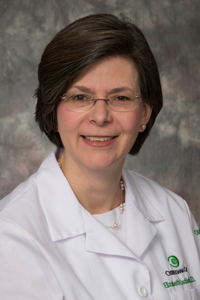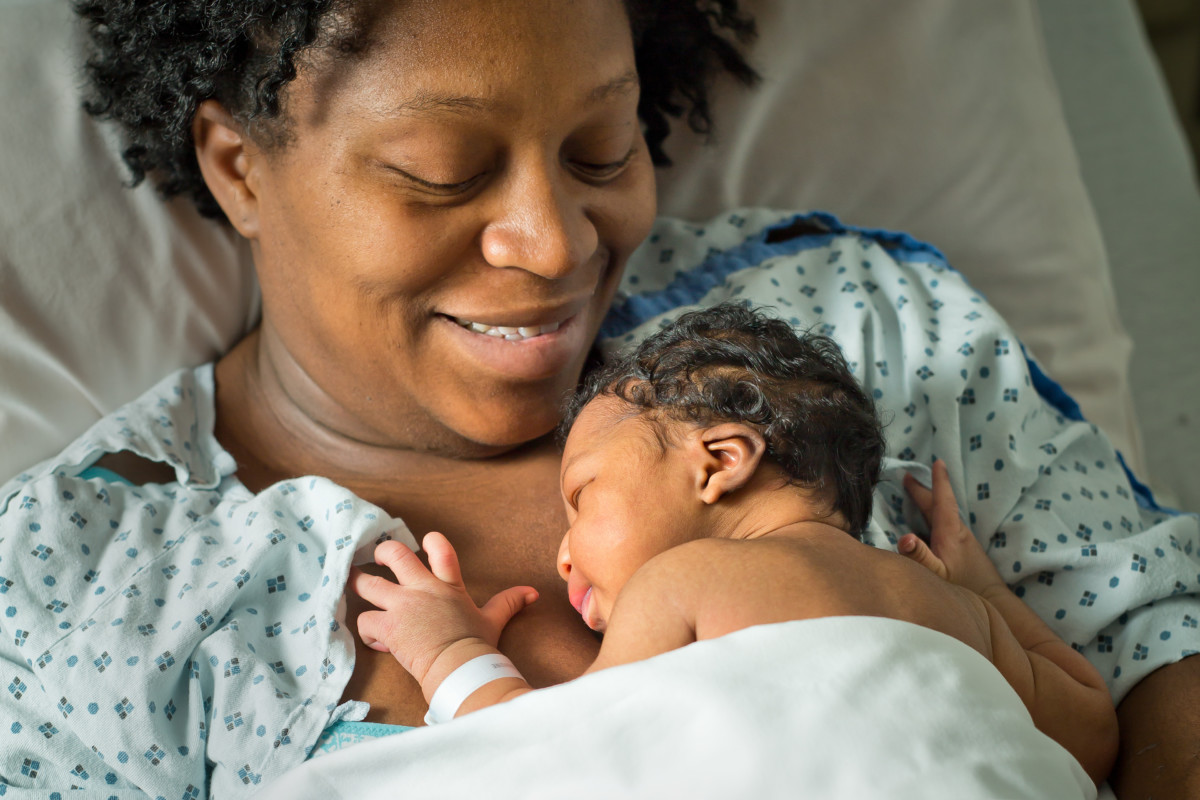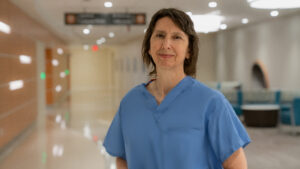The State of Delaware ranks among the best in the nation for exemplary maternity practices, according to the Maternity Practices in Infant Nutrition and Care survey conducted by the Centers for Disease Control and Prevention (CDC). Christiana Care Health System, the largest delivering hospital in Delaware with more than 6,500 births in 2016, is a national leader in the best practices in infant feeding care measured by the survey.
In the survey, Delaware ranked second nationally after Rhode Island and tying with New Hampshire. Delaware received perfect scores of 100 percent for including breastfeeding in prenatal patient education, employing designated staff members for lactation support, and keeping newborn babies together with their mothers in their hospital room.
A champion of these best practices, Christiana Care earned Baby-Friendly designation in 2016 from the Baby-Friendly Hospital Initiative — a global program of the World Health Organization (WHO) and the United Nations Children’s Fund (UNICEF). Only 10 percent of birthing facilities in the U.S. achieve this designation, which recognizes dedication to breastfeeding practices and support. Both the CDC and the Baby-Friendly Hospital Initiative emphasize breastfeeding as a public health priority.

“There is an abundance of evidence that points to lower risks for certain diseases and improved health outcomes for mothers and babies who breastfeed,” said David A. Paul, M.D. clinical leader of the Women and Children’s Service Line and chair of the Department of Pediatrics at Christiana Care. “Breastfeeding reduces the risk of sudden infant death syndrome, childhood cancers and diabetes for children, and decreases the risk of breast cancer, ovarian cancer, anemia and osteoporosis for mothers. When evidence-based maternity care practices are implemented, breastfeeding rates rise.”
Christiana Care’s nurses and lactation consultants provide education and instruction for new mothers, including one-on-one guidance and a tracking journal with tips for breastfeeding success. The health system’s practices incorporate WHO’s internationally recognized Ten Steps to Successful Breastfeeding.

“Research shows that mother-infant bonding is critical to successful breastfeeding,” said Elizabeth M. Zadzielski, M.D., MBA, FACOG, associate physician leader, Women and Children’s Service Line. “Bonding begins immediately following birth, when the labor and delivery nurse gives the baby to the mother to hold on her bare chest, skin-to-skin. This contact helps stabilize the baby’s temperature and blood sugar, and encourages mother-baby bonding.”
The comprehensive Breastfeeding Education and Resource Center at Christiana Care offers emotional support and encouragement, advice for handling physical discomfort, tips for breastfeeding multiples, help for mothers with babies receiving special care and breastfeeding supplies. Daytime and evening breastfeeding support groups are offered free of charge. Christiana Care also supports employees with access to breastfeeding services and private lactation lounges.
At Christiana Care, family-centered care allows the baby to stay at the mother’s bedside 24 hours a day. Christiana Hospital is the only high-risk delivering hospital in Delaware with a Level III neonatal intensive care unit (NICU), with board-certified neonatologists on-site around the clock. Obstetricians also are board-certified and equipped with the most advanced technology to provide the highest standards of care.



